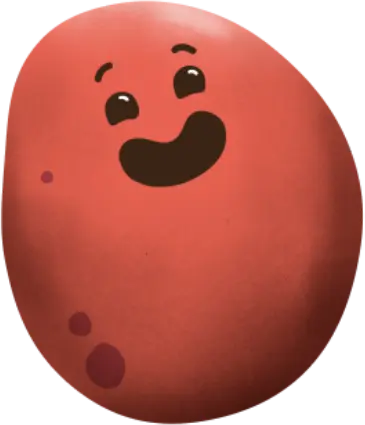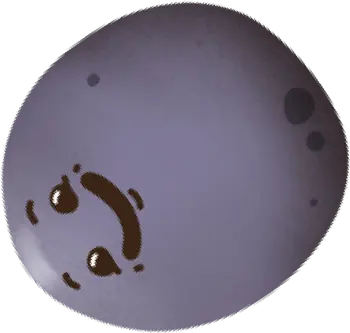May is Celiac Awareness month. Celiac disease is an immune reaction to a substance call gluten. Now unless you have been living under a rock these past few years, chances are you’ve heard about gluten; but what you’ve heard—well that may vary widely.
Gluten has been called everything from evil doer at the root of our modern day health woes, to a made-up-pseudo allergy by those ‘health nuts’ looking to avoid carbs.
In the spirit of Celiac Awareness month, let’s get one thing straight. Celiac disease is a serious autoimmune disorder that has major health impacts on those that suffer from it. It’s not a made-up allergy, and it isn’t something that will go away in a few years when this ‘gluten-free trend’ dies down.
As a company that is proud to offer products that are naturally gluten-free, we thought we would help to dispel some myths around what celiac disease is, and offer some insights on how to deal with it if you, or someone you know, suffers from it.
Celiac Disease: What is it and who’s affected?
Celiac disease is a medical condition where an immune response to the substance gluten attacks the absorptive surface of the small intestine.
The small intestine plays an important role in our digestion and absorption of nutrients. If damaged, it becomes challenging for our body to get the nutrition that it needs from our food to keep us healthy.
Celiac disease can present with a wide range of symptoms, making it challenging for medical professionals to diagnose. Common symptoms include anemia, chronic diarrhea, weight loss, fatigue, cramps, bloating, and irritability. It may also show as an intense burning and itching rash called dermatitis herpetiformis.
A recent study shows that 1 in 100 Canadians are affected by celiac disease. With a strong genetic component, the number jumps to 1 in 10 for those that have a family member that also suffers.
I’ve found out I’m Celiac now what?
Unfortunately, there is no cure for celiac disease. The good news is however that celiac disease is readily treated by following a strict gluten-free diet. Now if this sounds restrictive, don’t dismay. Lots of healthy whole foods, like Little Potatoes, can be part of a gluten-free diet! It’s important to understand which foods contain gluten and be a diligent label reader. Many foods that seem like they don’t contain gluten (like candy, condiments, chewing gum, and vitamins) may actually surprise you!
And don’t forget to read up on your personal care and beauty products. Many brands of toothpaste, lipstick, and lip balms may also contain gluten, making them unsuitable for those suffering from celiac disease.
So gluten is out, does that mean no carbs?
There is a lot of confusion about what gluten actually is. Gluten is made up of two proteins (prolamins, and glutelins) and is found in wheat and related grains, like barley, rye, oats, and more ancient grains like Kamut, Khorasan, Einkorn, and Triticale.
Going gluten-free does not mean going carb-free in the slightest!
Take Little Potatoes for example. Our little creamers are healthy carbs, packed with lots of fiber, that are naturally free of gluten! They can be enjoyed as part of a lighter dinner, or dressed up to be more of a traditional comfort food.
I’ve heard that celiacs may be low in certain nutrients is that true?
If you suffer from celiac disease, you may have some underlying nutritional deficiencies that need to be addressed. These may stem from the damage to the small intestine and the reduction of its ability to properly absorb enough nutrients. People who have been recently diagnosed with celiac disease may find that they are low in iron, calcium, magnesium, folate, vitamin B12, and vitamin D.
To support a healthy digestive system, and help bridge any nutrient gaps, it’s important to eat a variety of nutrient-dense whole foods that provide vitamins, minerals, fiber, healthy fats, good carbs, and quality protein.
Little Potatoes can be a great addition to the diet. Packed with nutrition they give you 8% of your daily value of iron, a source of vitamin C, fiber, and more potassium than a banana.
References
http://www.celiacedmonton.ca/about-celiac-disease/myths-about-celiac-disease/
https://celiac.org/live-gluten-free/glutenfreediet/vitamins-and-supplements/#HGqdkodgc2f2hIsh.99


